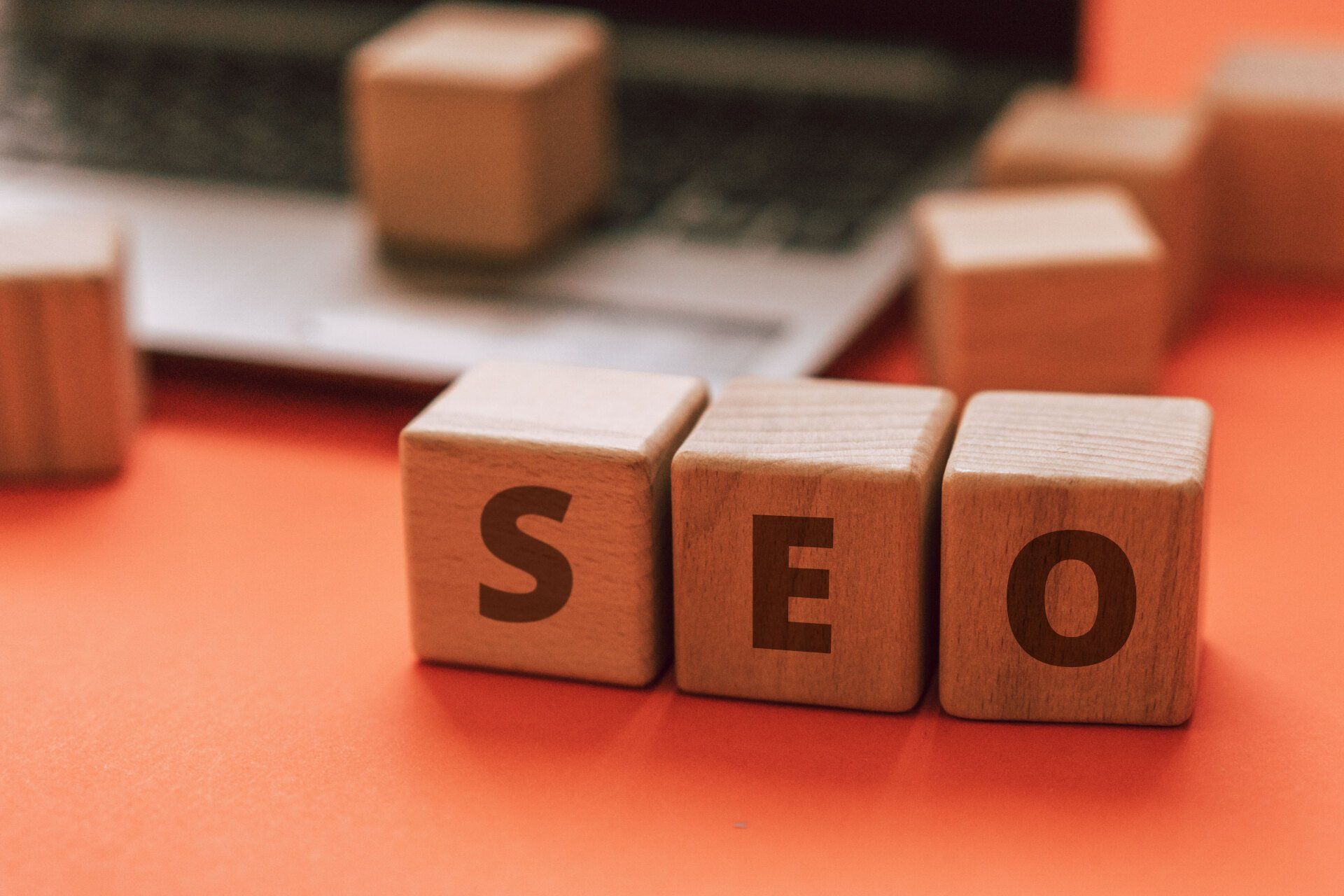Business Development: Driving growth and success
In today's competitive business landscape, the pursuit of growth and success is a common goal for businesses in all industries. This is where the concept of business development comes in. Business development involves a strategic and comprehensive approach to extending a company's reach, diversifying its revenue sources and increasing its overall impact. In this article, we will discuss the different aspects of business development, its meaning, effective strategies and its role in promoting sustainable growth.
Understanding business development
At the heart of business development is the creation and implementation of strategies to improve a company's position in the market, its customer base and its profitability. It encompasses a wide range of activities aimed at identifying opportunities for growth, formulating plans to seize those opportunities, and executing initiatives that produce tangible results. Business development goes beyond traditional sales and marketing efforts, with a focus on creating long-term value and building relationships.
The Importance of Business Development
Business development is essential for sustainable success in today's dynamic business environment. It enables businesses to adapt to changing market conditions, capture emerging trends and stay ahead of the competition. By expanding into new markets, diversifying product offerings, and establishing strategic partnerships, organizations can mitigate the risks associated with reliance on a single source of revenue.
Strategies for successful business development
- Market Research and Analysis : In-depth market research helps identify untapped opportunities and gauge demand. This information serves as the basis for making informed decisions.
- Building Strategic Partnerships : Collaborations with other companies can lead to increased market access, resource sharing and mutual growth.
- Diversification of Products and Services : Offering a variety of products and services helps reach a wider audience and reduces vulnerability to market fluctuations.
- Digital Transformation: Embracing digital technology and platforms can open up new avenues for reaching customers and streamlining operations.
The role of networking in business development
Networking plays an essential role in business development. Building and nurturing relationships with potential customers, partners, investors, and industry peers can lead to opportunities that would otherwise go undiscovered. Networking facilitates the exchange of knowledge, the sharing of ideas and mutual support, all essential for growth.
Measure and evaluate business development efforts
To assess the effectiveness of business development strategies, companies must establish key performance indicators (KPIs) aligned with their objectives. These KPIs could include revenue growth, market share expansion, customer acquisition rate, and return on investment (ROI) from partnerships.
Overcoming business development challenges
Although business development offers immense opportunities, it also presents challenges to overcome:
- Economic Uncertainty : Fluctuating economic conditions can impact market demand and consumer behavior, affecting growth prospects.
- Competitive Landscape : Standing out in a saturated market requires innovative differentiation and constant adaptation.
- Rapid Technological Changes : Keeping up with technological advances is essential to staying relevant and competitive.
Future trends in business development
The future of business development will likely be shaped by trends such as personalized customer experiences, data-driven decision-making, sustainable practices, and the continued integration of digital.
Business development is the compass that guides companies towards growth, innovation and resilience. By adopting a strategic mindset, leveraging partnerships, and staying tuned to market shifts, organizations can position themselves for long-term success in an ever-changing business landscape.
FAQ
-
What is the main objective of business development?
The main objective of business development is to identify and seize growth opportunities that improve a company's market presence and profitability.
-
How does globalization impact business development?
Globalization expands the potential of the customer base and allows companies to explore international markets, which requires adaptable business development strategies.
-
Can small businesses benefit from business development strategies?
Absolutely, business development strategies can help small businesses expand their reach, attract new customers, and diversify their revenue streams.
-
Is innovation a key factor in successful business development?
Yes, innovation is crucial. It enables companies to differentiate themselves, create unique value propositions and adapt to changing market dynamics.
-
What role does customer relationship management play in business development?
Customer relationship management fosters strong connections with customers, resulting in repeat business, referrals, and valuable insights to refine business development strategies.
EEvolve Me SA
Esplanade du pont rouge 4
1212 Lancy / Genève
Suisse
Services
Blog





